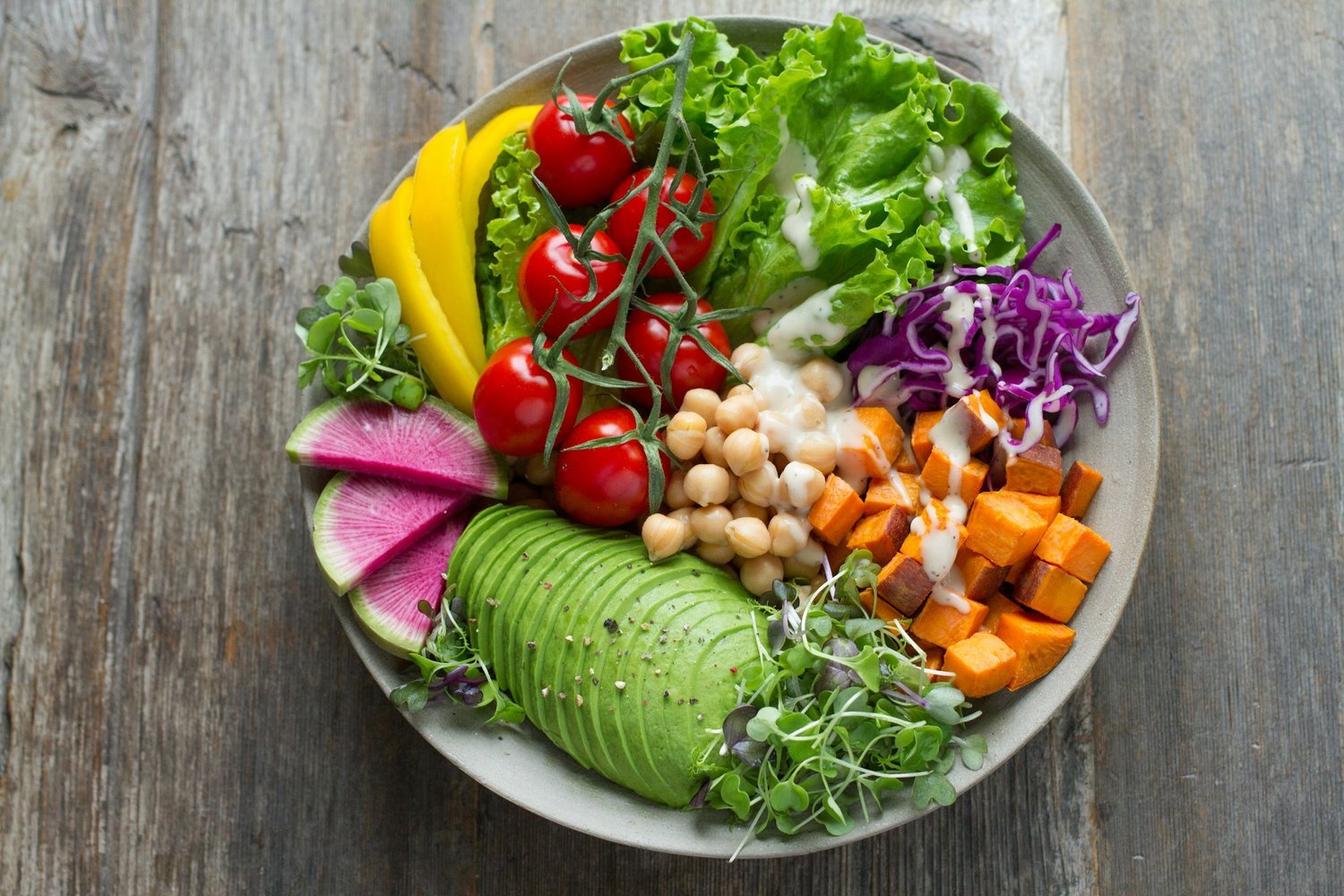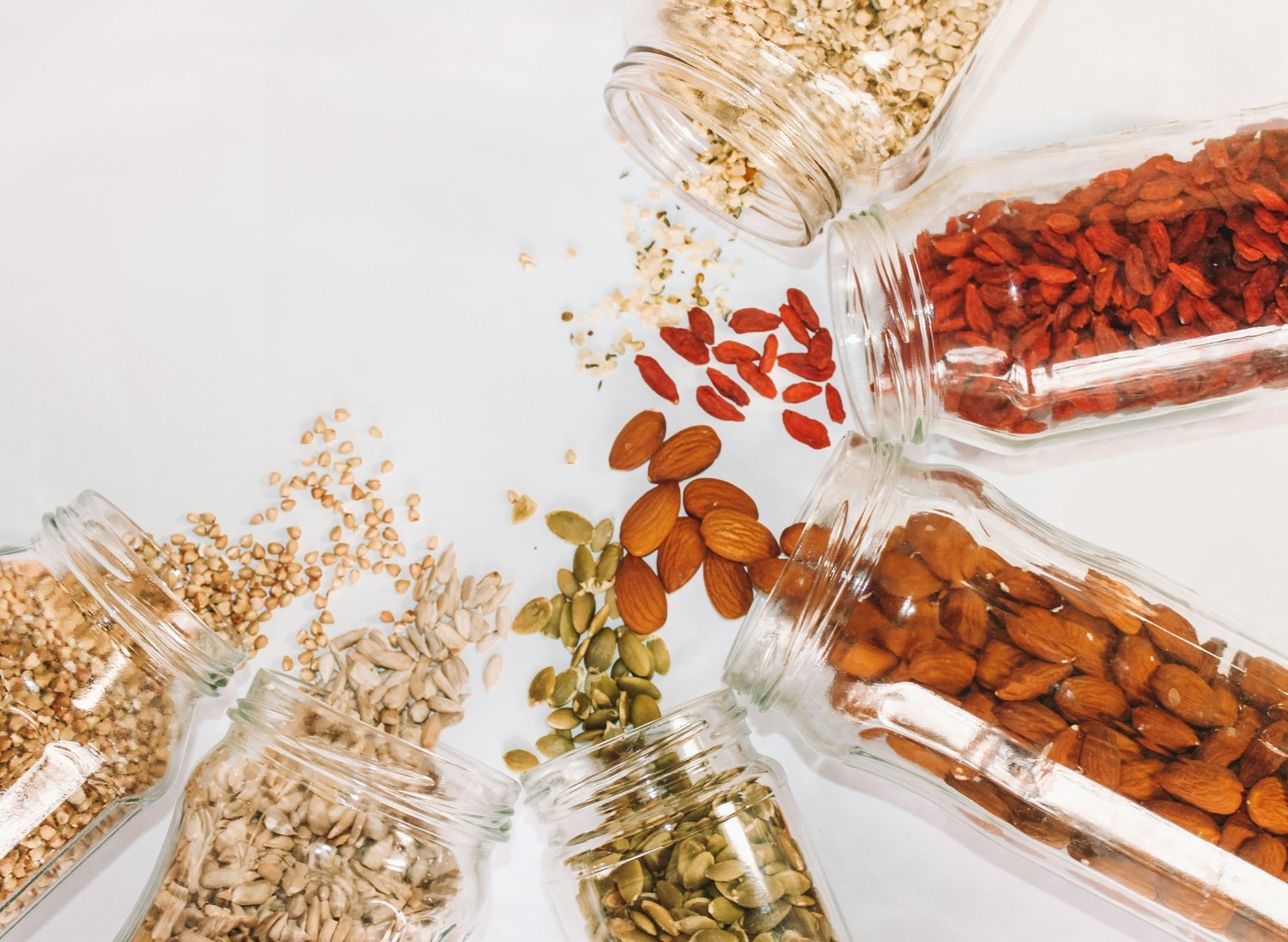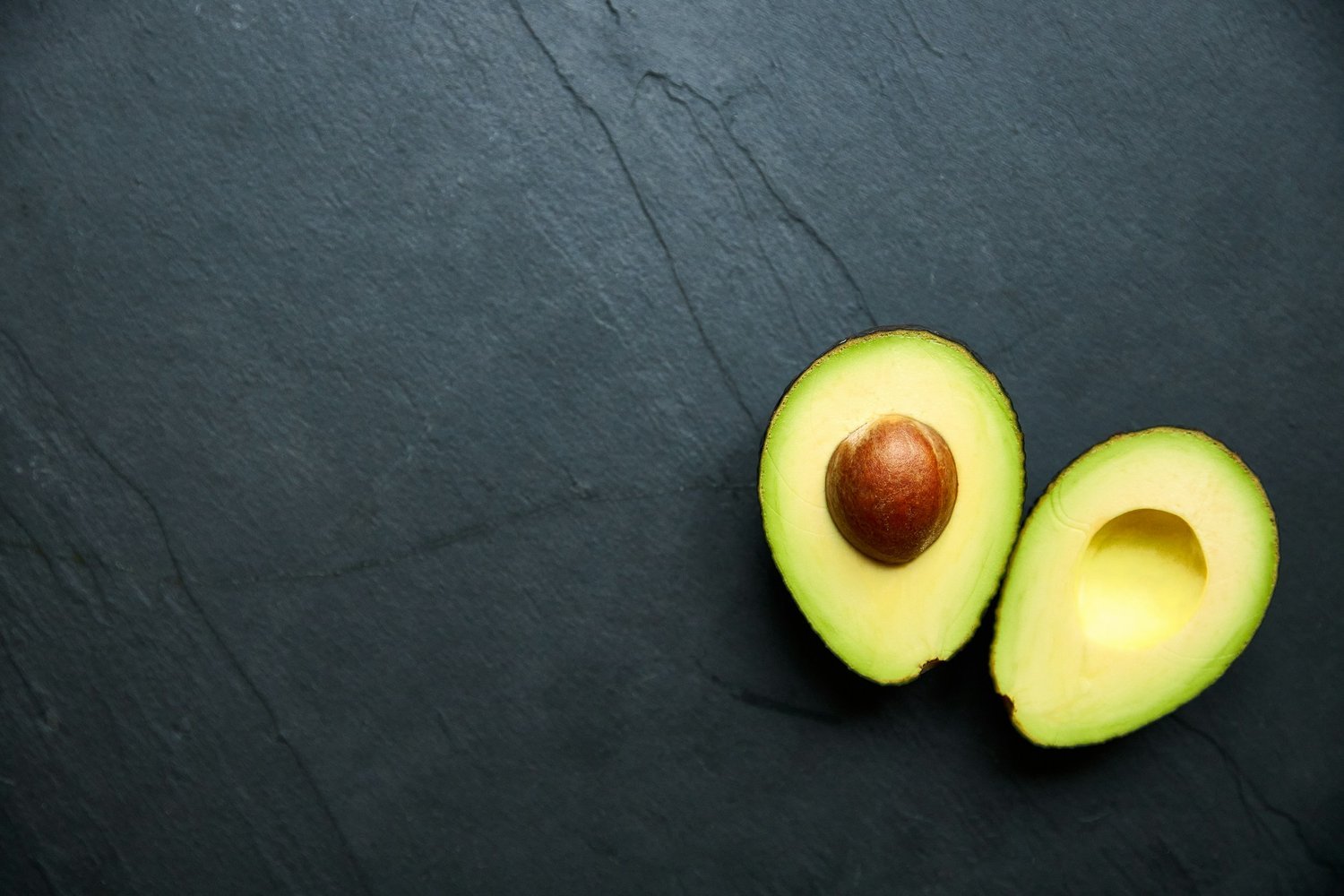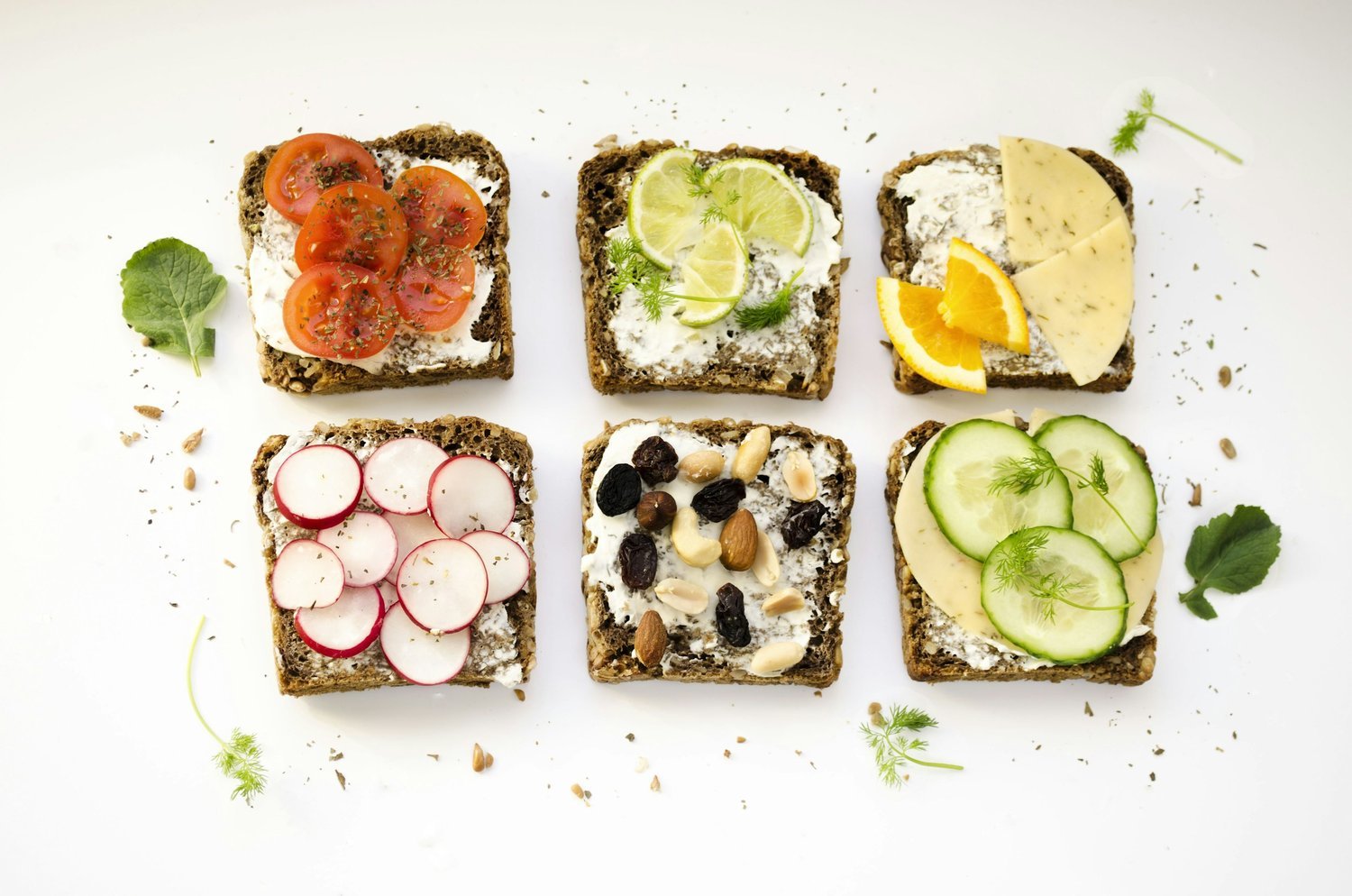
Building Good Nutritional Habits: Simple Steps for a Healthier You
Building good nutritional habits doesn’t require a strict diet — just consistent, balanced choices that support your energy, focus, and overall health. With small, simple changes like planning meals, staying hydrated, and choosing whole foods, you can feel better every day.

Tips for Changing Your Nutritional Eating Habits
Changing how you eat doesn’t require perfection—just small, consistent steps in the right direction. By focusing on simple habits like planning meals, eating mindfully, and making realistic swaps, you can build a healthier relationship with food that lasts.

Nutrition and Mental Health: How Food Affects the Way You Feel
What you eat can have a powerful impact on how you feel. By choosing foods that support brain health—like whole grains, healthy fats, and colourful vegetables—you can help improve your mood, focus, and overall mental wellbeing.

How Food and Diet Can Affect Anxiety
The food you eat doesn’t just affect your body—it can influence your mood and anxiety levels too. By making small changes to your diet, you can support your brain, calm your nervous system, and feel more balanced day to day.

What Are Chronic Diseases and Why Does Diet Matter?
The food you eat every day can do more than just keep you full. It can help protect your body from chronic diseases like heart disease, type 2 diabetes and some cancers. Choosing the right foods regularly is one of the simplest ways to lower your long-term health risks.

How Food Shapes Your Health
What you eat plays a major role in your overall health, not just today but well into the future. A balanced, nourishing diet can reduce your risk of developing serious health conditions and help manage existing ones from high blood pressure to type 2 diabetes.

The Importance of Drinking Water: Why Hydration Matters for Your Health
Drinking enough water each day helps with everything from energy and digestion to focus and mood. It’s a simple daily habit that makes a big difference to your overall wellbeing.

How to Maintain a Healthy Diet When You Work Full-Time
Sticking to a healthy diet while working full-time can feel like a constant challenge. But with a bit of planning and a few simple habits, eating well during a busy week is not only possible—it can actually make your workday feel easier and more energised.

Processed vs. Unprocessed Foods: What You Need to Know
Not all foods are created equal. Understanding the difference between processed and unprocessed foods can help you make healthier choices that support your energy, mood, and long-term wellbeing.

What Is Energy Balance? Why Does It Matter?
Understanding energy balance—how many calories you eat versus how many you burn—can help you manage your weight, feel energised, and support your overall health. It’s not about strict dieting, but learning how your body uses energy and finding a balance that works for you.

What Is the Perfect Meal? A Simple Guide to Balanced Eating
A perfect meal doesn’t need to be fancy—it just needs the right balance of protein, carbohydrates, fats, and fibre to fuel your body and keep you feeling full and energised. Getting the portions right can help you stay focused, satisfied, and support your long-term health.

5 Everyday Foods That Can Help Lower Your Cholesterol
Managing your cholesterol doesn’t require a complete diet overhaul—just a few simple swaps can make a real difference. By adding heart-friendly foods like avocados, olive oil, and oily fish to your weekly meals, you’re helping your body stay balanced and your heart healthy.

Nutrition for Children: Building Strong Bodies and Bright Minds
Good nutrition is essential for children’s growth, energy, and learning. Building healthy eating habits early gives kids the best chance to thrive—both now and in the years to come.

Why It's Good to Have at Least Two Alcohol-Free Days a Week
Having a couple of alcohol-free days each week is one of the simplest ways to give your body and mind a regular reset. Even small breaks can help improve sleep, mood, energy, and long-term health—without needing to give up drinking completely.

What Is Intermittent Fasting and How Can It Help?
Intermittent fasting has become a popular way to improve energy, support digestion, and manage weight—without focusing on strict diets or cutting out specific foods. By simply adjusting when you eat, you can give your body a regular break and help it function more efficiently.

Healthy Eating Tips You Can Actually Stick To
Healthy eating isn’t about following a perfect diet—it’s about small, sustainable habits that make you feel better each day. From balancing your meals to giving your body time to rest between eating, these practical tips can help you eat well without overcomplicating things.

Why Nutrition Matters During the Teenage Years
Adolescence is a time of rapid growth, not just physically but emotionally and mentally too. Eating the right foods during these years lays the foundation for lifelong health, energy, and confidence. Good nutrition can help support concentration, mood, sleep, and physical development—exactly what teenagers need to thrive.

Why Worry About Sugar and Salt?
Too much added sugar and sodium can creep into our diets without us realising. Over time they can affect our heart health, energy levels and overall wellbeing. The good news? With a few small changes you can cut back without cutting out flavour or enjoyment.

Why Portion Sizes Matter
Portion sizes can have a big impact on how we feel both physically and emotionally. Without even realising it we often eat more than we need, especially when food is in easy reach. Learning simple portion control habits can help you feel more satisfied, reduce overeating and build a healthier relationship with food.

What Is Meal Prepping and Why Should You Try It?
Meal prepping isn’t just for fitness fanatics or people with lots of spare time. Meal prepping is a smart, practical way to eat healthier, save money and reduce stress during your working week. With a bit of planning upfront you can avoid the daily scramble of deciding what to eat and feel more in control of your nutrition and routine.
